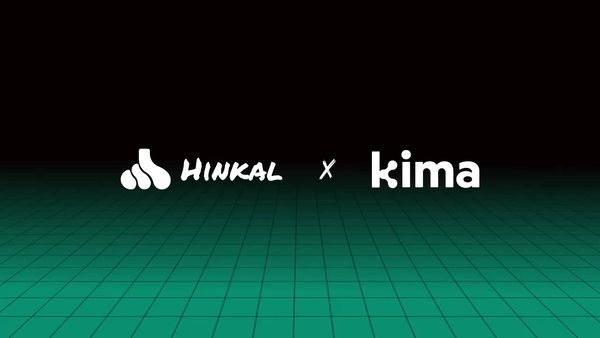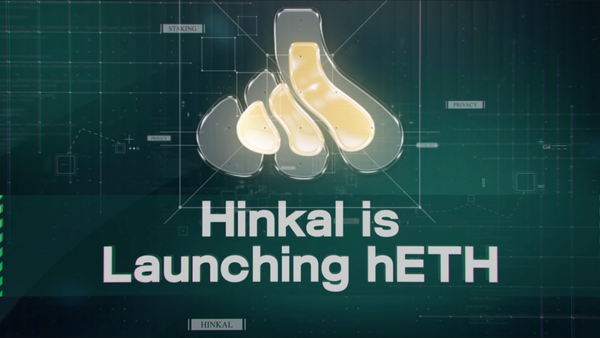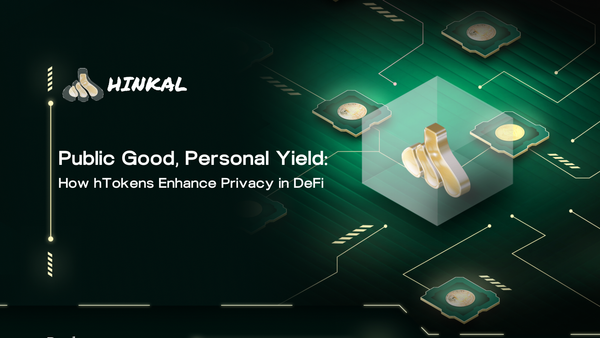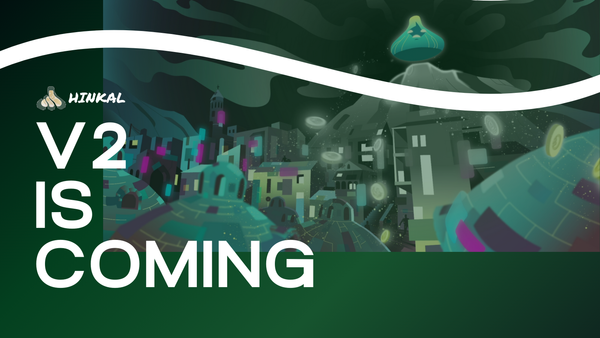Regulatory Challenges in Web3: Balancing Compliance and Decentralization
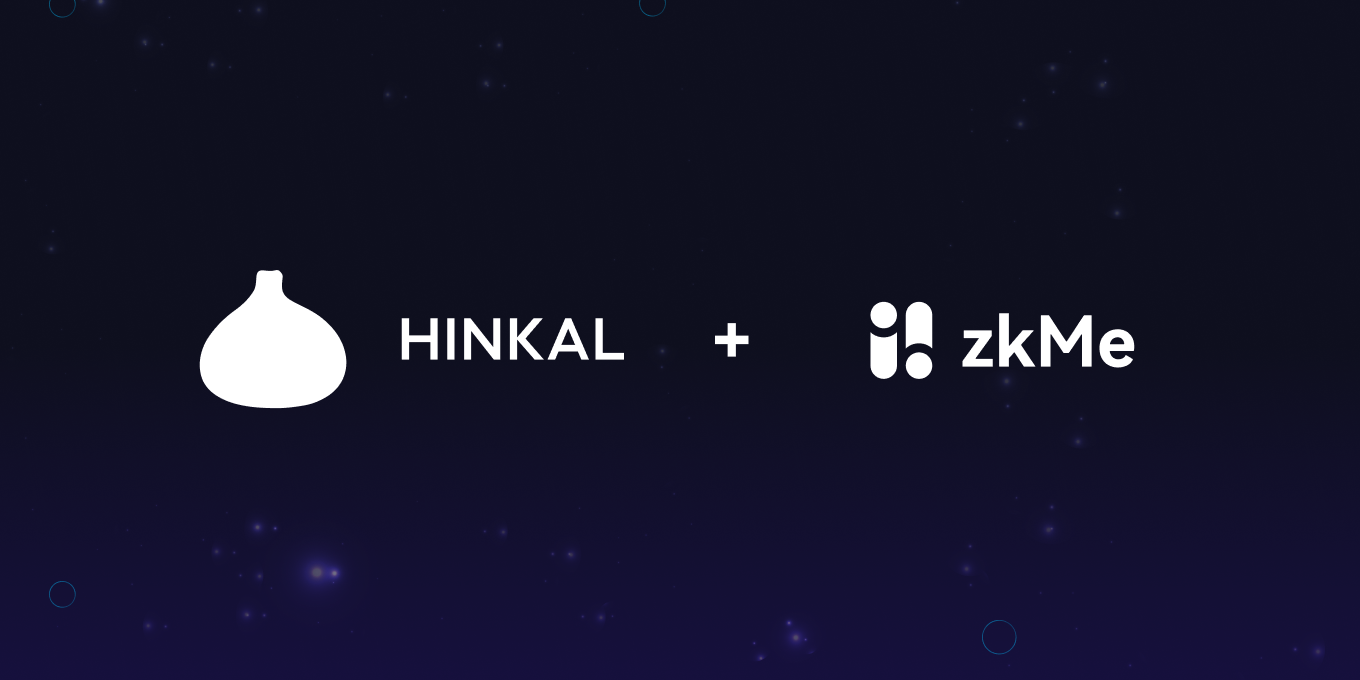
This article was co-authored with zkMe, the pioneer in Web3 Identity solutions.
Introduction
The recent crackdowns and heightened enforcement actions by the U.S. Securities and Exchange Commission (SEC) are reshaping the landscape of the cryptocurrency market. In 2023 alone, the SEC initiated 26 enforcement actions in the cryptocurrency space, reflecting a significant escalation in regulatory activity.
The Web3 faces increasing regulatory scrutiny from the SEC and the EU. The SEC's approach suggests that on-chain activities may require KYC/AML compliance, challenging Web3's decentralized ethos. Meanwhile, the EU's MiCA regulations aim to establish a comprehensive framework for crypto-assets, potentially leading to enforcement actions and compliance hurdles for Web3 projects in the EU.
Being proactive in relevance to regulations is crucial for Web3 builders to shape the future of the crypto space. Regulations aim to enable innovation while simultaneously addressing investor protection concerns. However, compliance efforts must not overshadow Web3's core principles of decentralization and privacy.
Meeting regulatory requirements is necessary. Innovative solutions like privacy-preserving protocols and decentralized identity systems can reconcile compliance with the decentralized nature of Web3.
Hinkal and zkMe, leveraging zk-proofs, are pioneers in balancing compliance and (on-chain) data protection, giving users back control of their personal data.
Identity Verification
For DeFi operations to conform with the current and future regulatory requirements, a realistic user verification approach must be adopted, that ensures sufficient checks against sanctioned lists while at the same time not divulging the user’s Personal Identifiable Information (PII).
zkMe plays a crucial role in enabling compliant and secure user verification on-chain while preserving user privacy. It seamlessly integrates user verification in compliance with FATF KYC and AML guidelines. Using zero-knowledge proofs, zkMe anonymously validates users' personal information, safeguarding privacy. By doing so, decentralized applications (dApps) meet verification standards without sacrificing decentralization or user confidentiality.
zkMe is compatible across multiple networks (including Polygon, BNB Smart Chain, Aptos, and more), ensuring that once credentials are validated, they can be verified on nearly any ecosystem. This interoperability of credentials offers maximum value and scalability without limitations.
DeFi Operations
Similar to TradFi standards, DeFi needs to meet 2 requirements:
- Transaction history of individuals shouldn’t necessarily be public information.
- Illicit parties shouldn’t be able to participate in transactions.
Hinkal is an institutional-grade zk-protocol that meets both of those requirements. It enables its users to execute their DeFi operations without divulging their transaction history and assets held to the public. By integrating 8 major dApps and supporting 7 networks, Hinkal provides its users the ability to swap, yield farm, yield trade, or simply transfer funds, without the fear of being tracked by malicious actors.
It is designed to prevent illicit parties from accessing its services. Before using Hinkal, all users must mint an Access Token, obtainable after passing an Integrity Check.
While users must provide personal information for verification, Hinkal's method entirely disconnects PII from the wallet address. This information is fragmented, with Hinkal and the verification provider only exchanging a zero-knowledge (ZK) proof confirming the user's verification status.
Hinkal and zkMe are combined in perfect harmony to ensure compliance with regulatory requirements while upholding the principles of decentralization and privacy. By integrating zkMe, Hinkal offers its users a reliable environment to conduct DeFi operations securely, safeguarding user data while meeting regulatory standards.
Conclusion
In conclusion, navigating Web3's regulatory landscape requires a delicate balance between compliance and decentralization. Proactive engagement, innovative solutions, and advocacy for regulatory clarity are essential to sustain Web3's innovation while meeting regulatory requirements. By striking this balance, Web3 can continue to evolve as a transformative force in the digital realm.
About zkMe
zkMe builds zk Identity Oracles for truly decentralized & anonymous cross-chain credential verifications.
No personal information is ever processed by anyone but the user themselves. Data leaks & misuse by the service provider are impossible; full interoperability & reusability result in a superior ID solution. zkMe is the only FATF compliant KYC provider to be fully decentralized, offering a full suite of products from anti-bit/anti-sybil, to KYC and more.
For more information, follow the links below:

